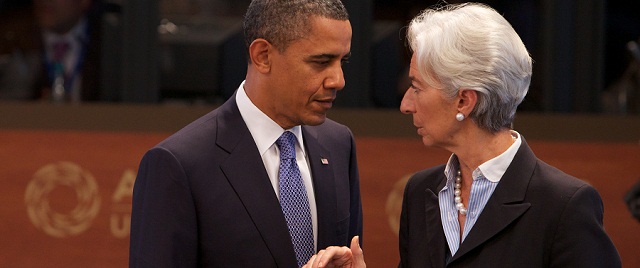It’s not about politics, the IMF said: numbers prove that countries that engaged in stimulus, such as Germany and Austria, do better, whereas those undertaking heavy austerity measures, such as Greece and Portugal, are performing more poorly.
With Europe facing weak growth, sharp budget-cutting might be a bad solution. Some even call it austericide or economic self-destruction.
“Had we taken (or had been forced to take) Europe’s austerity path, our economy would probably be looking a whole lot less like the “cleanest shirt”,” as read in Seeking Alpha, a site for investors.
The same op-ed explains how extraordinarily low rates have allowed the US government to put off spending cuts and borrow nearly $1 trillion more in order to stimulate the weak economy. European countries did not have that choice, though. Markets -and Germany- forced them to tighten their belts much sooner.
US turn to make choices
Barack Obama had postponed tough decisions on debt and spending cuts to boost his chances in the election. Now that he starts his new second term he needs to come up with a plan to avoid the fiscal cliff. As experts recall, he should not forget Europe’s vivid example of how living off of borrowed money, cut government spending and raise taxes does not work. Even if the US can print money and has just one government instead of 27, most households -nine out of ten, according to the the Tax Policy Center- will suffer unless the fiscal cliff is avoided.






Be the first to comment on "The US fear Europe’s austericide"